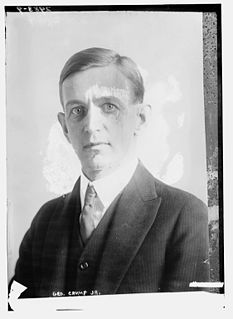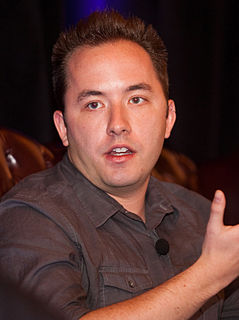A Quote by Neil deGrasse Tyson
Our five senses are faulty data-taking devices, and they need help.
Related Quotes
It is not possible to provide evidence of life after death to the five senses anymore than it is possible to provide the five senses with evidence of non-physical reality. It cannot be done. The five senses; sight,hearing, taste and smell together form a single sensory system whose object of detection is physical reality. This cannot detect non-physical reality. Humankind is beginning to be able to access data the 5 senses cannot provide.
Tape with LTFS has several advantages over the other external storage devices it would typically be compared to. First, tape has been designed from Day 1 to be an offline device and to sit on a shelf. An LTFS-formatted LTO-6 tape can store 2.5 TB of uncompressed data and almost 6 TB with compression. That means many data centers could fit their entire data set into a small FedEx box. With LTFS the sending and receiving data centers no longer need to be running the same application to access the data on the tape.
Our ability to understand ourselves is now expanding beyond the information that we can receive from our five senses. We're becoming aware of ourselves as more than minds and bodies. We are becoming aware of ourselves as souls while we simultaneously have personalities and walk upon the earth. That is the huge transformation that is reshaping the human experience - the expansion of our perceptual capability beyond the five senses. We're becoming multisensory.
We face two overlapping challenges. The first concerns real-time court-ordered interception of what we call 'data in motion,' such as phone calls, e-mail, and live chat sessions. The second challenge concerns court-ordered access to data stored on our devices, such as e-mail, text messages, photos, and videos - or what we call 'data at rest.'
As we move into an era in which personal devices are seen as proxies for public needs, we run the risk that already-existing inequities will be further entrenched. Thus, with every big data set, we need to ask which people are excluded. Which places are less visible? What happens if you live in the shadow of big data sets?




































